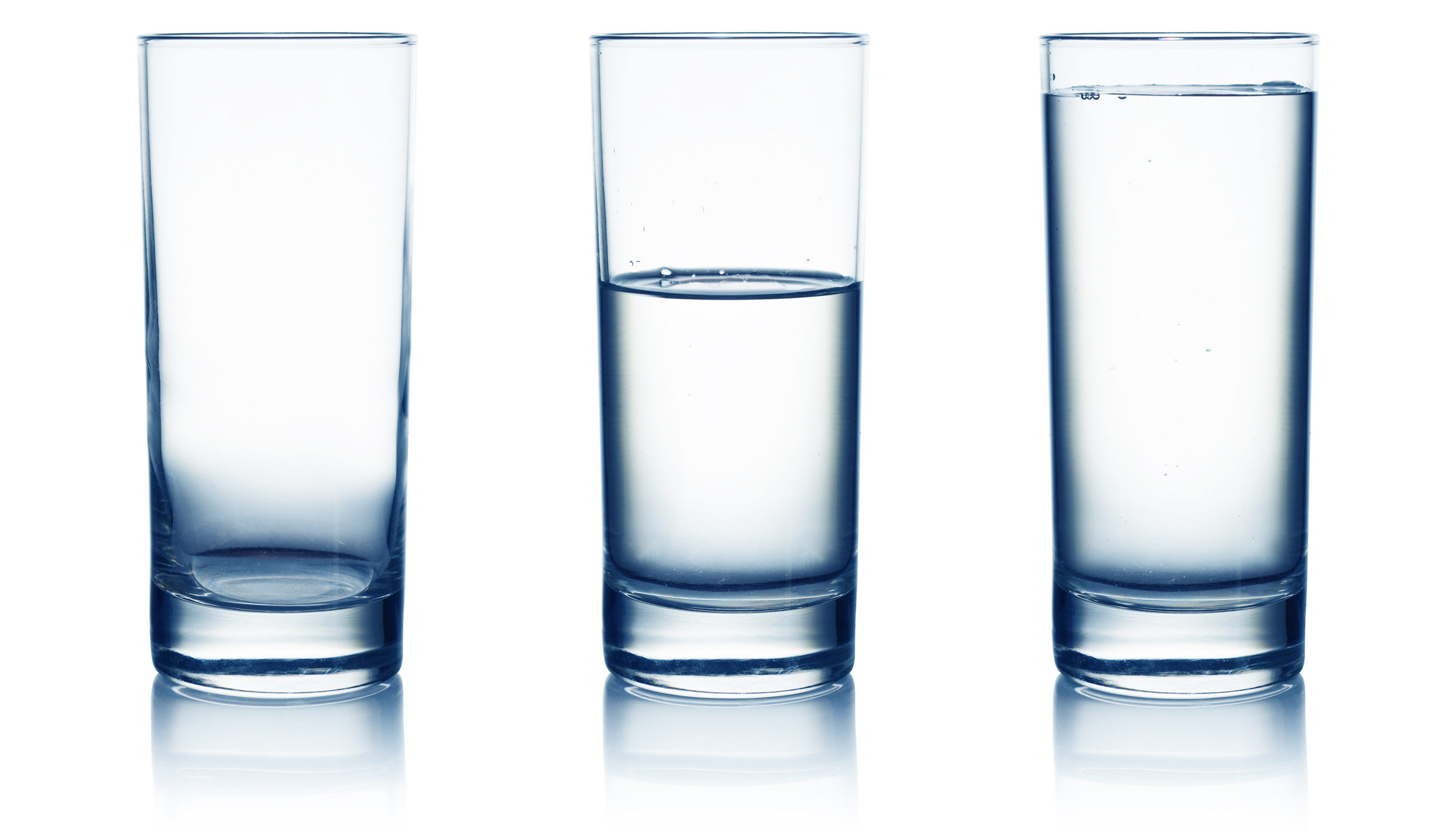Researchers at the University of California, Riverside (UCR) have published the results of a study on how people perceive the taste of recycled wastewater in a blind taste test.
The safety of recycled wastewater is well-established and after years of drought in California, drinking recycled wastewater has gained momentum. Public perception and has shifted from all water being discarded to supplementing conventional groundwater with recycled water.
“It seems that this term (wastewater), and the idea of recycled water in general, evokes disgust reactions,” said Daniel Harmon, a graduate student in psychology and the lead author in the study. “It is important to make recycled water less scary to people who are concerned about it, as it is an important source of water now and in the future.”
Indirect Potable Reuse (IDR) reintroduces treated wastewater into groundwater supplies, where it re-enters the drinking water system. Six California water agencies already employ IDR. These include the Water Replenishment District of Southern California, the Orange County Water District, the Los Angeles County Department of Public Works, the Inland Empire Utilities District, the city of Los Angeles, and the city of Oxnard.
The UCR study included 143 people who were asked to compare IDR-treated tap water with conventional tap water and commercially bottled water. The water was presented in similar, unlabeled cups. After tasting the water, participants ranked the samples’ taste from one to five, then also in categories including texture, temperature, smell, and color.
The researchers weighed factors that influence taste perception, such as genetic differences in taste sensitivity. Researchers also considered two personality traits that help determine water preference. These traits are referred to as Openness to Experience and Neuroticism. Openness is how receptive people are to novel and diverse experiences. Neuroticism refers to anxiety and insecurity.
At the outset, the researchers hypothesized the three waters would score equally. In fact, groundwater was found to be the least preferred.
“The groundwater-based water was not as well liked as IDR or bottled water,” said Mary Gauvain, a professor of psychology at UC Riverside and co-author of the study. “We think that happened because IDR and bottled water go through remarkably similar treatment processes, so they have low levels of the types of tastes people tend to dislike.”
The more nervous, anxious people in the study expressed preference for IDR and bottled water and were more negative about the more mineral-rich tap water. People more open to new experiences liked the three samples about the same.
In their conclusion, researchers suggest that favorable comparisons between reverse osmosis and bottled water may make consumers more amenable to drinking recycled wastewater.
“We think this research will help us find out what factors people pay attention to in their water decisions and what populations need to be persuaded to drink IDR water and how to persuade them,” Harmon said.









